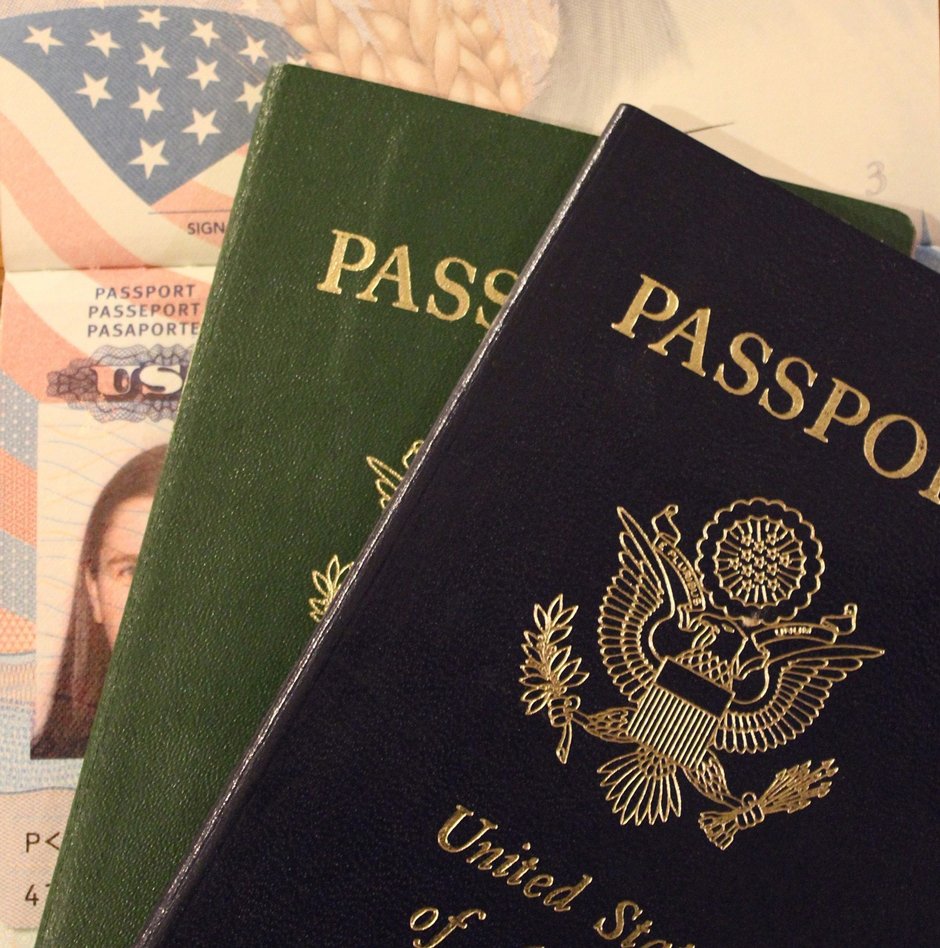Asylum seekers often leave their home countries due to political, religious, or ethnic persecution. These individuals face violence, discrimination, and threats to their lives and well-being. For example, political dissidents may be targeted by oppressive regimes, religious minorities may face religious persecution, and ethnic groups may be subjected to discrimination and violence. The fear of persecution is the driving force behind their decision to seek asylum in foreign lands, leaving behind everything they know and love.
The Psychological Toll
The trauma endured by asylum seekers is profound. Many suffer from post-traumatic stress disorder (PTSD) and other mental health issues resulting from their experiences. Witnessing or experiencing violence, losing loved ones, and enduring the hardships of their journey take a heavy toll on their mental well-being. These psychological scars can persist long after they have reached safety, making it essential for host countries to provide mental health support and counseling services to help them heal and integrate into society effectively.
The Journey to Safety
Asylum seekers embark on perilous journeys, often crossing dangerous terrain and facing harsh weather conditions. They risk their lives to reach countries where they can seek asylum. These journeys may involve crossing deserts, mountains, or oceans, often with inadequate food, water, and shelter. Many asylum seekers travel in overcrowded and unsafe conditions, making them vulnerable to accidents and exploitation. The treacherous nature of their journeys underscores the desperate circumstances that compel them to leave their homelands.
Human Trafficking
In their quest for safety, many asylum seekers fall prey to human traffickers who exploit their vulnerability. These criminal networks subject them to trafficking, forced labor, and sexual exploitation. Human traffickers often promise safe passage to a better life but instead exploit asylum seekers, trapping them in modern-day slavery. This issue underscores the importance of international cooperation and stricter law enforcement to combat human trafficking and protect vulnerable individuals seeking refuge.
Detention and Legal Battles
Upon arrival in their host countries, asylum seekers may be placed in detention centers, often under harsh conditions, while their asylum claims are processed. These detention centers can be overcrowded and lack proper facilities, leading to concerns about the treatment and well-being of detainees. Protracted stays in detention can exacerbate the trauma experienced by asylum seekers and hamper their ability to integrate into society once released.
Legal Obstacles
Navigating the legal system in a foreign country can be incredibly challenging. Asylum seekers face language barriers and may struggle to find legal representation. The complexities of asylum law and the need to gather evidence of persecution in their home countries add to their legal woes. Many asylum seekers are forced to represent themselves in court, increasing the risk of their claims being rejected. Access to legal aid and support is crucial to ensuring that their rights are upheld and that they have a fair chance at gaining asylum. Check here to find out how seeking legal guidance is often crucial for asylum seekers and refugees, and consulting with an immigration attorney can significantly improve their chances of navigating the complex asylum process successfully.
Cultural Adjustment
Adapting to a new culture and way of life can be overwhelming for refugees. They often face discrimination and xenophobia in their host countries. Cultural adjustment involves not only learning a new language and customs but also navigating unfamiliar societal norms. Refugees may feel isolated and excluded, making it essential for host communities to foster inclusivity and provide cultural sensitivity training to promote harmonious integration.
Economic Struggles
Finding employment and financial stability can be an uphill battle for asylum seekers and refugees. Limited job opportunities and a lack of recognition for their qualifications make it hard for them to support themselves. Discrimination in the job market can further exacerbate their economic challenges. Host countries can facilitate integration by offering language and job training programs, as well as initiatives to recognize foreign qualifications, ensuring that refugees can contribute their skills to their new communities.
Forced Separation
Many asylum seekers are forced to leave family members behind due to the urgency of their escape. This separation adds to their emotional distress. Families are often torn apart as some members seek safety while others remain in dangerous situations. The emotional toll of separation can be immense, and efforts should be made to expedite family reunification processes.
Reunification Challenges
Reuniting with family members in their host country can be a lengthy and bureaucratic process, causing further anguish. Lengthy administrative processes, language barriers, and the need for extensive documentation can delay family reunification for years. Simplifying and expediting these processes can alleviate the suffering of separated families and help refugees rebuild their lives together.
The Role of NGOs and Aid Organizations
Non-governmental organizations (NGOs) and aid groups play a crucial role in assisting asylum seekers and refugees. They offer shelter, legal aid, and psychological support. Additionally, they provide basic necessities like food, clothing, and healthcare. NGOs often act as a lifeline for asylum seekers during their journey and in their host countries, providing the essential support needed for survival and integration.
Advocacy for Rights
NGOs advocate for the rights of asylum seekers and refugees, pushing for fair treatment and better policies. They work to raise awareness about the challenges faced by these individuals and lobby governments and international organizations to improve their protection and support. Through their advocacy efforts, NGOs contribute to shaping more compassionate and inclusive policies for refugees worldwide.
Conclusion
The challenges faced by asylum seekers and refugees are multifaceted and daunting, encompassing persecution, dangerous journeys, legal obstacles, integration difficulties, and family separation. Despite these formidable hurdles, many asylum seekers and refugees demonstrate remarkable resilience and determination in their pursuit of safety and a brighter future. Addressing these challenges requires international cooperation, empathy, and a commitment to upholding the rights and dignity of those seeking refuge.






